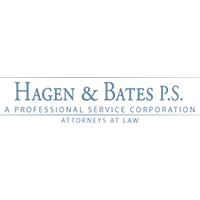 Tokeland DUI-DWI Lawyers, Washington
Tokeland DUI-DWI Lawyers, Washington
Sponsored Law Firm
-
 x
x

Click For More Info:
-
Keches Law Group
122 Dean Street Taunton, MA 02780» view mapSocial Security, Personal Injury, Workers Comp. Protecting Your Rights
Our team of experienced personal injury attorneys has over 130 years of combined experience representing individuals and families injured due to the negligence of others.
800-713-8650
Not enough matches for Tokeland DUI-DWI lawyer.
Below are all Tokeland Criminal lawyers.
Sponsored Lawyers
1-2 of 2 matches
Criminal, Personal Injury, DUI-DWI, Business
Since the firm was established in 1993, the skilled attorneys at Hagen & Bates P.S. have provided versatile, professional and effective solutions to a variety of our clients’ legal challenges. With over 40 years of combined experience, we are always here to provide the support and assistance you require. For his professionalism and ethics, principal attorney Wayne D. Hagen, Jr. has earned a BV® Distinguished Peer Review Rating by Martindale-Hubbell®. The unique talents, backgrounds and skills our attorneys bring to our law firm apply well to various areas of the law. With our proven courtroom skills in state and federal jurisdictions, we are experienced litigators who are prepared to do the research and understand the nuances of your case. We also have the skill to handle complex transactions.
(more)


 Sean Flaherty Taunton, MA
Sean Flaherty Taunton, MA AboutKeches Law Group
AboutKeches Law Group Practice AreasExpertise
Practice AreasExpertise

